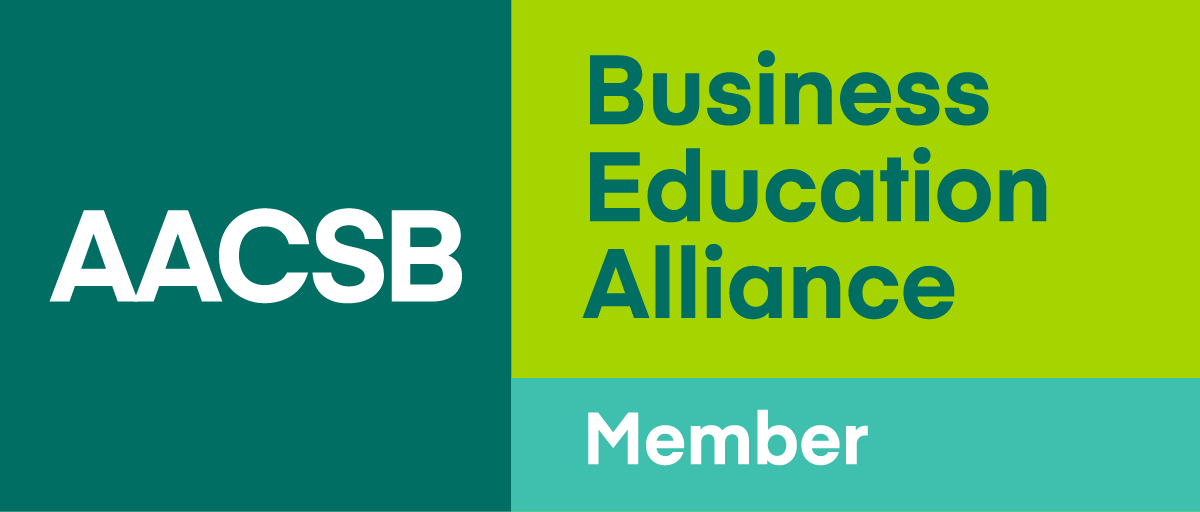[CM ORSA] Stepping Up for a Safer Campus: Sexual Harassment Prevention and Bystander Intervention
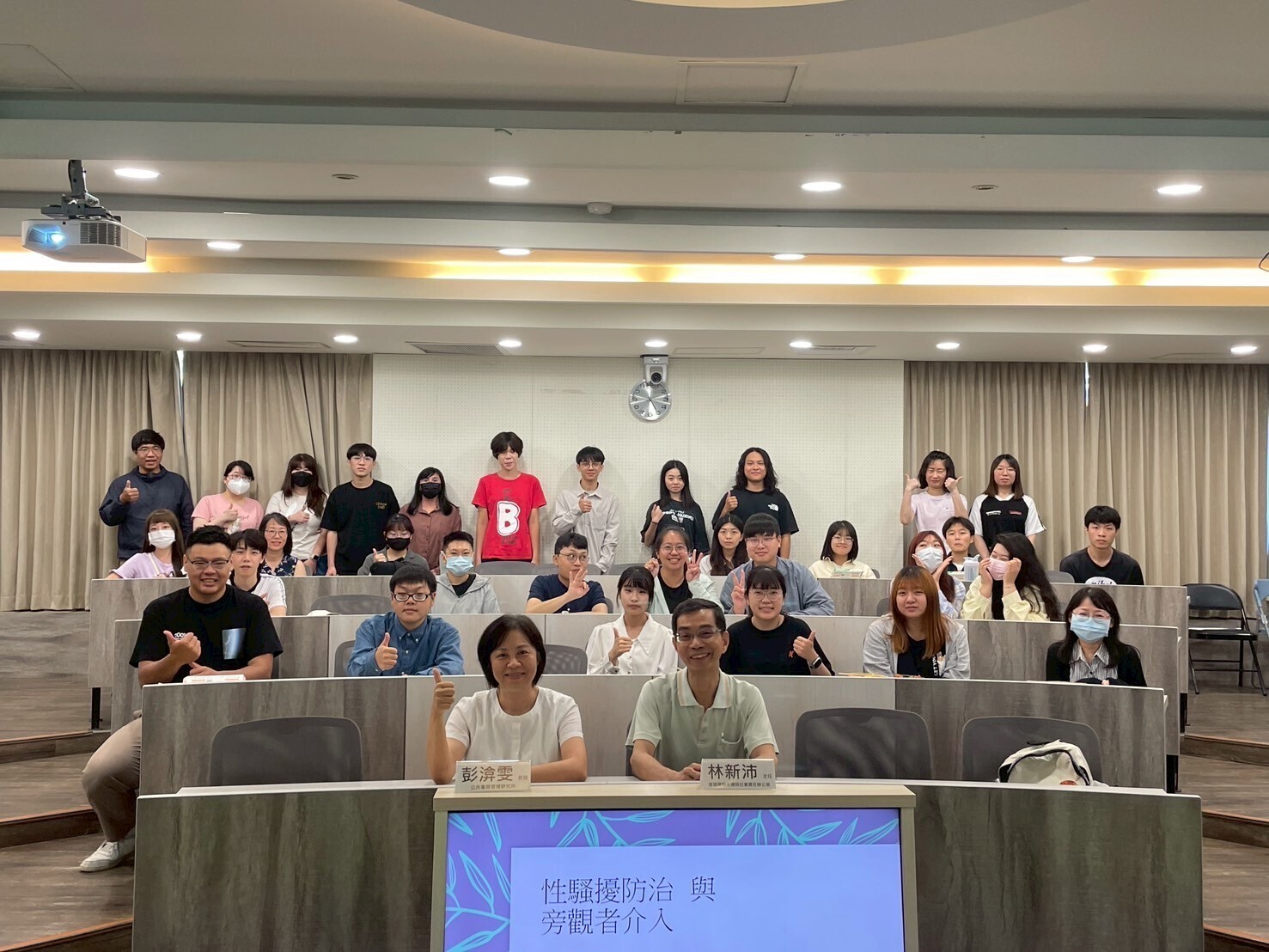
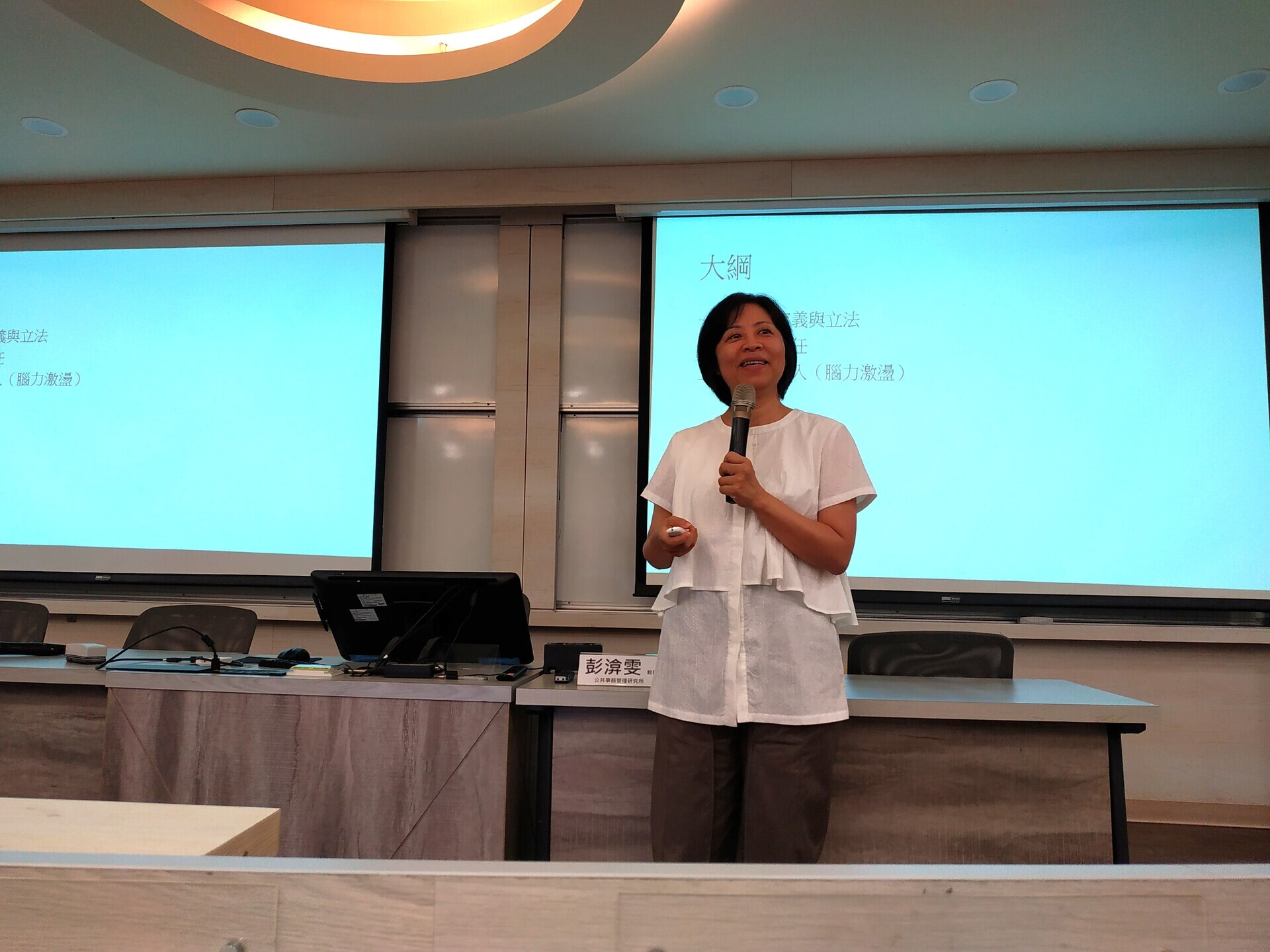
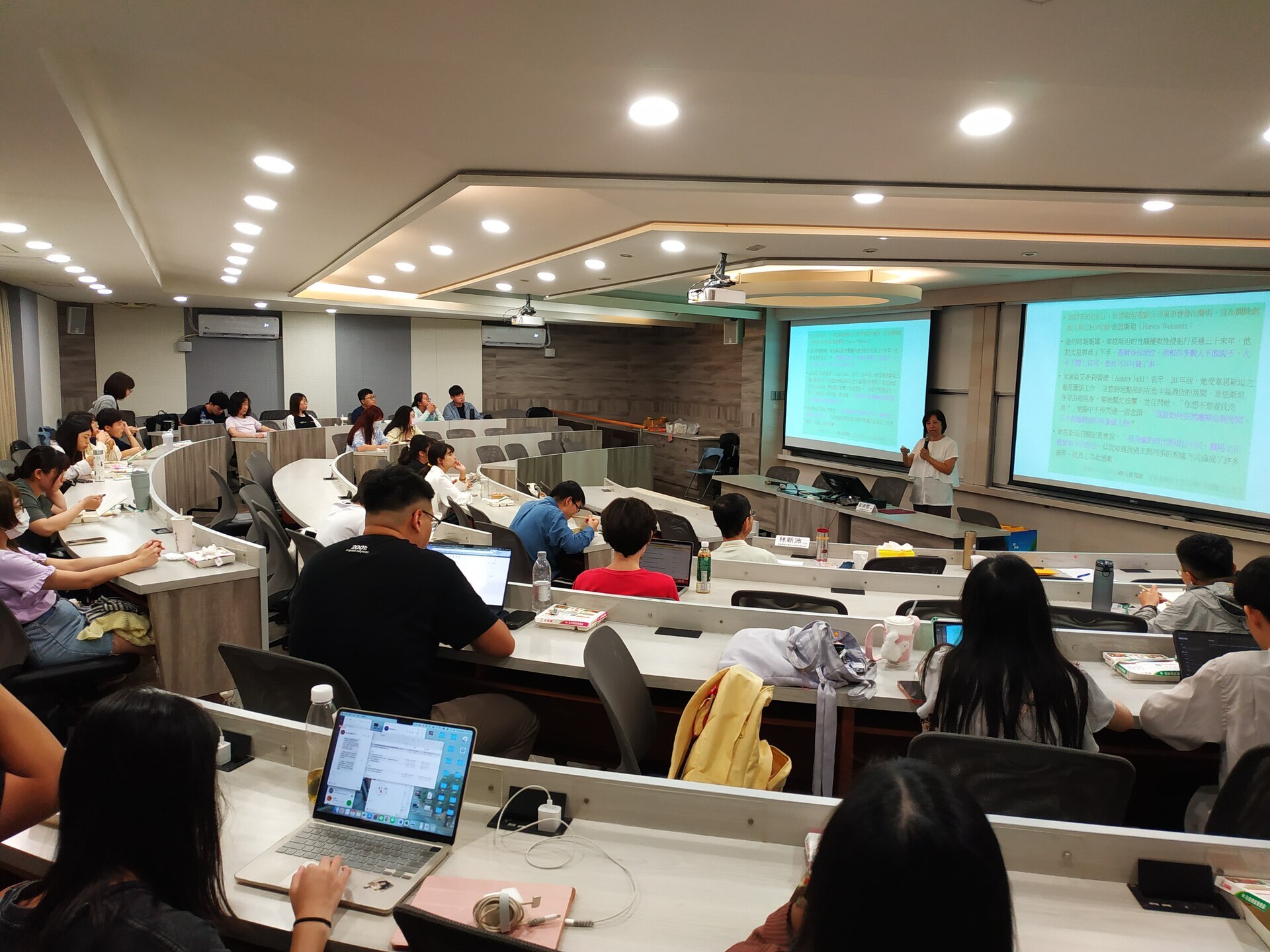
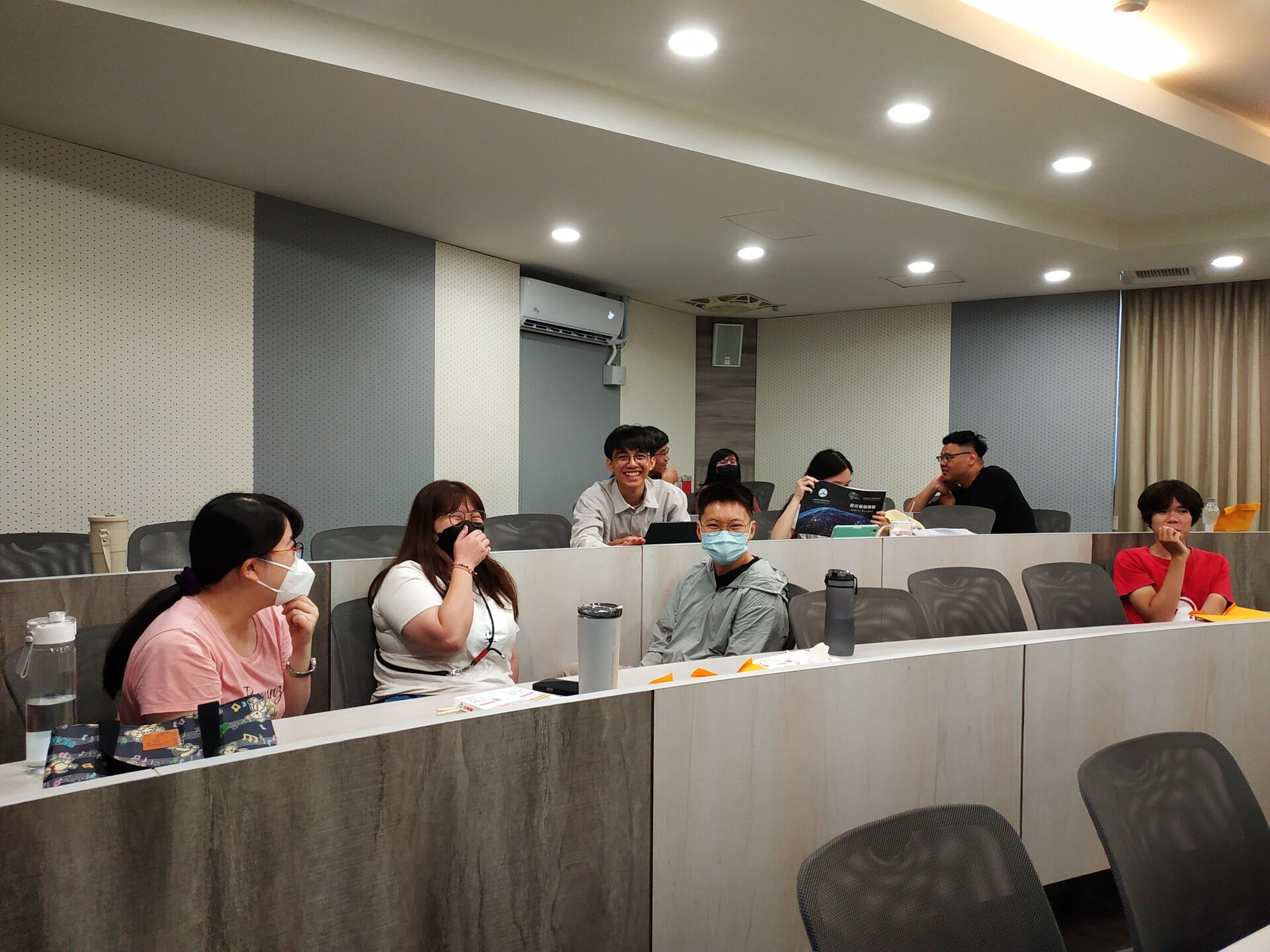
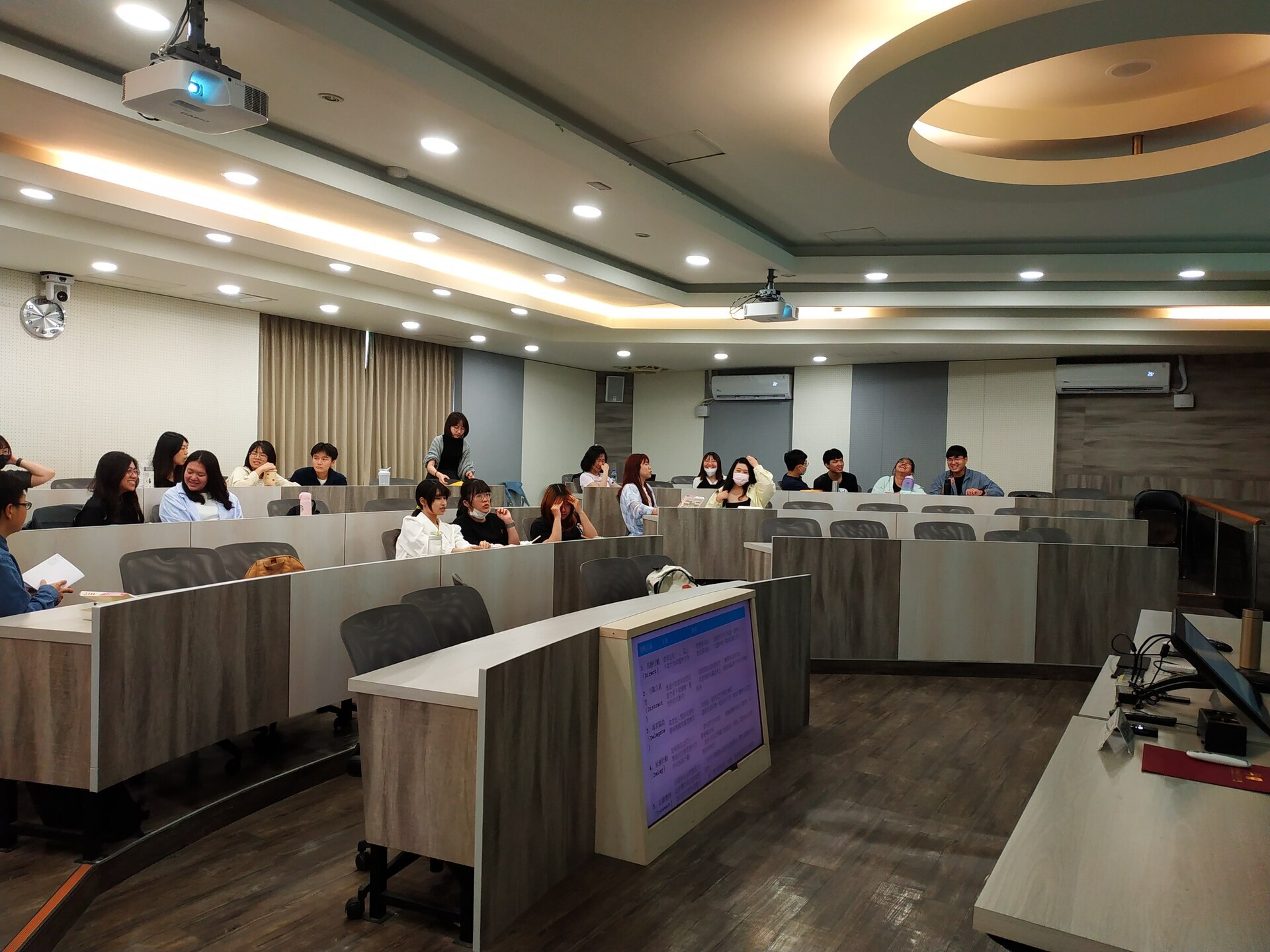
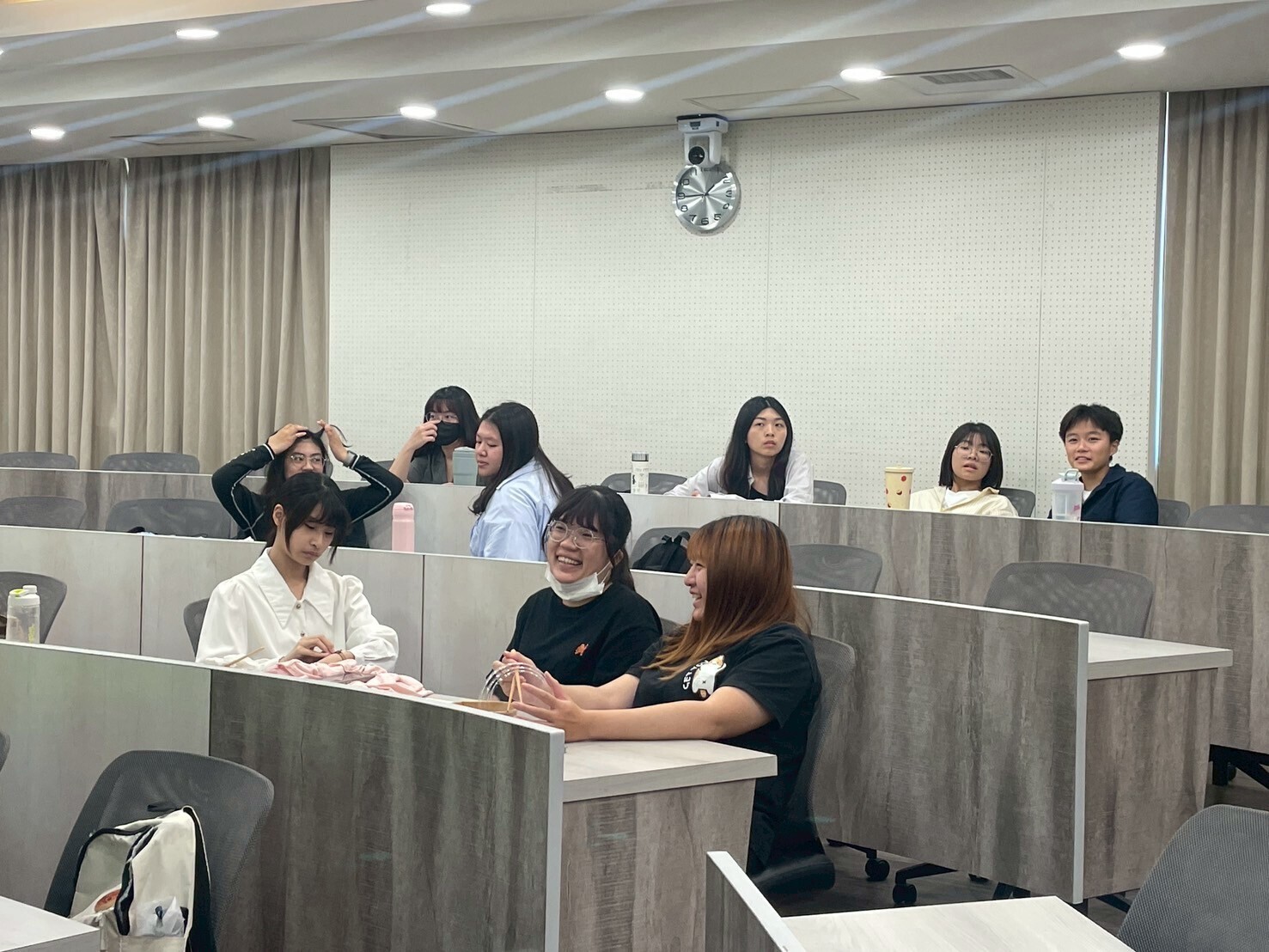
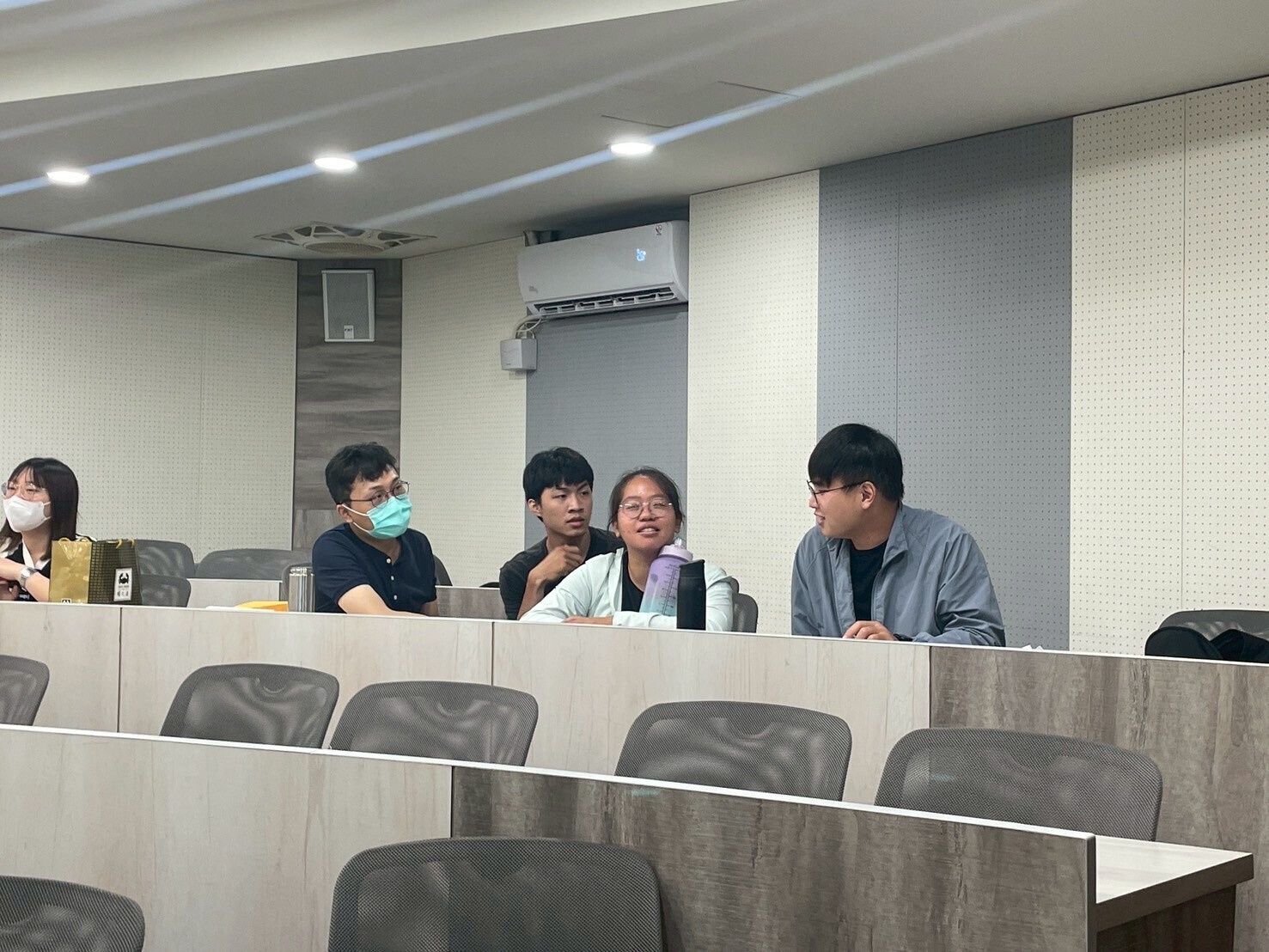
Director San-Pui Lam (front row, far right) and Professor Yen-Wen Peng (front row, far left) with student participants
In the wake of #MeToo and the global reckoning with power-based harassment, silence is no longer an option. On May 20, 2025, the Office of Responsibility and Sustainability Actions (ORSA) at NSYSU’s College of Management invited Professor Yen-Wen Peng from the Institute of Public Affairs Management to lead a session on “Preventing Sexual Harassment and the Role of Bystander Intervention.” Faculty, staff, and students attended as she addressed the evolution, legal context, and community responsibility around harassment—particularly underscoring the power of active bystanders in fostering safety and respect.
Professor Peng began by recounting the origins of the term sexual harassment, coined in 1976 by Catharine A. MacKinnon. MacKinnon framed harassment as systemic gender discrimination rooted in patriarchal societies, not isolated incidents. The rise of the global #MeToo movement further exposed how societal and organizational structures still tolerate or ignore harassment—prompting legal and institutional reforms.
In Taiwan, three key statutes—the Gender Equality in Employment Act, Gender Equity Education Act, and the Sexual Harassment Prevention Act—now cover harassment across workplaces, campuses, and other settings. Professor Peng emphasized that under the Gender Equity Education Act, any staff member aware of a suspected gender-related incident on campus must report it to the Gender Equity Committee within 24 hours, or face fines ranging from NT$30,000 to 150,000. Even if an allegation remains unconfirmed, the safest course is to file a report with the university—rather than staying silent.
Recent amendments in 2023 have also strengthened penalties for power-based sexual harassment and enhanced protections for victims. Relationships between professors and students are now explicitly prohibited, regardless of mutual consent—highlighting how imbalanced power dynamics can compromise ethical standards. Institutions are urged to establish clear disclosure and conflict-of-interest policies to maintain fairness and transparency.
Another major focus was bystander intervention strategies. Professor Peng urged that prevention efforts must extend beyond encouraging victims to report; everyone has a role to play in creating safe environments. She introduced the five practical “5 Ds” of intervention: Direct—confront the behavior; Distract—create a distraction; Delegate—seek help; Delay—check in later; Document—record the incident. She shared examples of how such action can shift campus culture—a notable model being the Green Dot Bystander Intervention programs used in U.S. universities.
In closing, Professor Peng affirmed: “We are all actors.” By learning the law, recognizing power imbalances, and stepping in—each of us can help build more equitable interactions, transform someone’s life, and reshape institutional culture.
(Submitted by Bifen Jhuang, ORSA / Edited by Professor Yen-Wen Peng, Director San-Pui Lam, and the CM Media Team)


